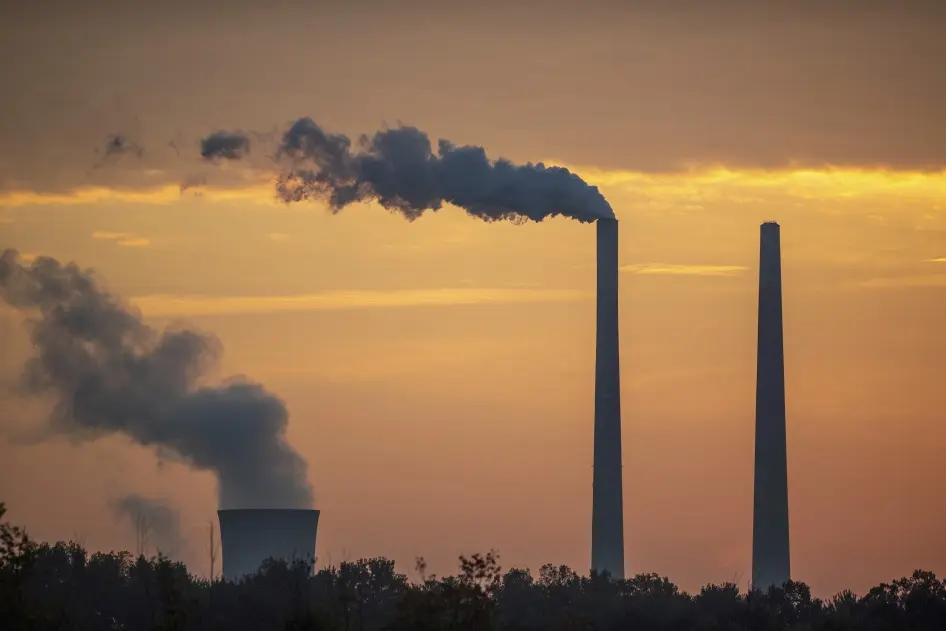European Centre for Strategic Studies and Policy (ECSAP) and Human Rights
The 2025 Production Gap Report, co-authored by the Stockholm Environment Institute, Climate Analytics, and the International Institute for Sustainable Development, reveals a stark reality: the world’s leading fossil fuel producers are planning twice the level of production compatible with the Paris Agreement’s 1.5°C goal. Instead of phasing down, governments intend to expand coal production through 2035 and oil and gas through 2050, locking in decades of emissions and undermining global climate security.
The Scale of the Gap
An analysis of 20 major fossil fuel–producing countries, responsible for over 80% of global output, shows:
- Coal production is projected to rise, with 2030 levels now estimated to be 7% higher than forecasts from just two years ago.
- Oil and gas expansion is set to continue well past 2050, despite the International Energy Agency projecting that demand will peak before 2030.
- This planned overshoot places enormous pressure on already vulnerable communities while accelerating climate instability.
Health and Environmental Impacts
Fossil fuel extraction is not only a climate threat but also a public health emergency. Its harms begin in utero and extend throughout life, contributing to diseases such as cancer, respiratory illness, cardiovascular disease, and dementia.
- United States: Continued oil and gas expansion, alongside delayed coal plant closures, has intensified health risks in marginalized communities. In Louisiana, Black and low-income populations living near petrochemical corridors face elevated cancer and reproductive health risks.
- United Arab Emirates: Research in 2023 found dangerously high air pollution linked to fossil fuel operations, creating acute and chronic health hazards for residents.
- Türkiye and Bosnia and Herzegovina: Toxic emissions from coal have been directly tied to rising cases of respiratory and cardiovascular illness.
These case studies illustrate how fossil fuel dependence entrenches inequities, disproportionately harming frontline and low-income communities.
Strategic Consequences
Governments’ collective failure to align production with climate commitments threatens both climate security and human security. If current trajectories hold, the burden of adjustment will fall on future decades, requiring even sharper and more disruptive cuts to achieve net-zero by 2050. This path also risks:
- Heightened geopolitical tensions as countries compete for declining carbon budgets.
- Stranded assets and destabilized economies dependent on fossil fuel revenues.
- Erosion of global trust in multilateral climate frameworks.
Policy Imperatives
The findings of the 2025 Production Gap Report demand urgent action:
- Commit to Fossil Fuel Phase-Out: Governments must make binding pledges to halt new coal, oil, and gas projects.
- Center Health in Climate Policy: Public health evidence—especially from frontline communities—should drive energy transition strategies.
- Accelerate Renewable Alternatives: Rapid investment in renewables and storage infrastructure is essential to replace fossil fuel expansion.
- Protect Vulnerable Communities: Justice-centered transition policies are needed to address disproportionate health and economic burdens.
Conclusion
The 2025 Production Gap Report underscores a sobering truth: without decisive action to scale back fossil fuel production, the world risks overshooting climate goals, deepening public health crises, and undermining long-term global stability. Bridging this gap requires not just policy ambition but an unequivocal political commitment to a fossil-free future.






